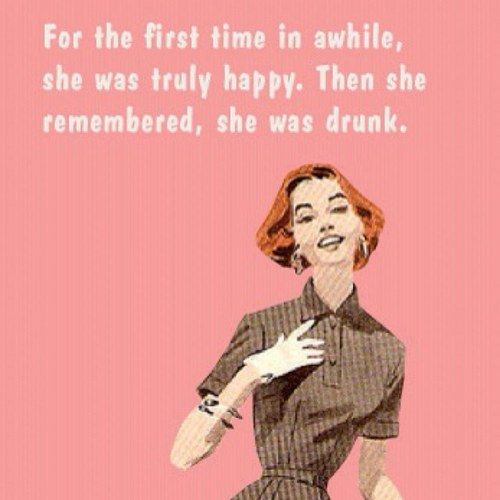Can you make moments in your life happier – even after they’ve already happened?
.
Your memory is terrible.
Sadly, it’s even really bad when it comes to remembering what makes you happy. Looking at Daniel Gilbert’s book Stumbling on Happiness my main takeaway was this:
Much of our unhappiness springs from the fact that we’re terrible at accurately remembering how things made us feel in the past, so we make bad choices regarding the future.
In Gilbert’s own words (and backed up by many studies):
We overestimate how happy we will be on our birthdays, we underestimate how happy we will be on Monday mornings, and we make these mundane but erroneous predictions again and again, despite their regular disconfirmation.
Other research has shown that your memory isn’t just “bad”, it actually has specific things it focuses on and remembers.
Daniel Kahneman, Nobel Prize winner and author of Thinking, Fast and Slow, has shown that your brain really remembers only two things about an event:
- The emotional peak
- The end
Via The Paradox of Choice: Why More Is Less:
Nobel Prize-winning psychologist Daniel Kahneman and his colleagues have shown that what we remember about the pleasurable quality of our past experiences is almost entirely determined by two things: how the experiences felt when they were at their peak (best or worst), and how they felt when they ended. This “peak-end” rule of Kahneman’s is what we use to summarize the experience, and then we rely on that summary later to remind ourselves of how the experience felt. The summaries in turn influence our decisions about whether to have that experience again, and factors such as the proportion of pleasure to displeasure during the course of the experience or how long the experience lasted, have almost no influence on our memory of it.
So how can you game the system with this information and use it to be happier?
Structure events so that the peak is great and the ending is great.
Make sure tomorrow has one thing that will be amazing and that the day ends on a positive note. This is what leads to feeling good about your life in retrospect.
Want a vacation you’ll look back on fondly for years to come? In advance, plan an event that will provide an emotional high point. Schedule another great activity for the end of the trip:
…research by Nobel winner Daniel Kahneman and his colleagues identified something called ‘the peak-end rule’ – that is, people’s overall memories of an experience showed a strong association with the average of the peak level of emotional feeling and the final level of emotion at the end of the experience…Applying this rule to our holidays would suggest we need to try to obtain as high a peak of enjoyment as we can, and to end on a high note. The rest might not matter so much.
Your brain is not a perfect computer. What you will remember is not the same as what happened.
But you can game it so your memories are better than what happened. And happy memories are one of the secrets to feeling good about your life.
More from Daniel Kahneman on happiness and the fulfilling life in his TED talk here:
Join 25K+ readers. Get a free weekly update via email here.
Related posts:
What 10 things should you do every day to improve your life?
Here are the things that are proven to make you happier
Can one word sum up everything you need to do to be happier?




